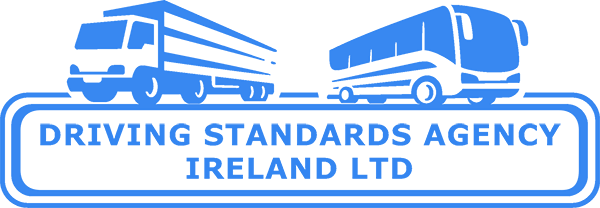Module 4: Role of the Professional Driver in Transport
Module 4: Role of the Professional Driver in Transport is an essential part of Driver CPC training in Ireland, equipping drivers with the skills, knowledge, and responsibilities required to operate professionally.
From legal compliance and load security to customer service and fuel efficiency, this module covers a broad range of topics critical to the safe and efficient functioning of the transport industry.
By completing Module 4, professional drivers enhance their expertise, ensuring they meet regulatory standards while promoting safety, efficiency, and professionalism on the road.
Key Learning Objectives of the Role of the Professional Driver in Transport
Legal Obligations and Industry Regulations
Professional drivers must comply with various regulations to ensure road safety and operational efficiency. This includes:
-
Tachograph Rules and Working Time Directive Drivers must adhere to laws regulating driving hours, rest periods, and break times to prevent fatigue-related accidents.
-
Road Transport (Working Time) Regulations Guidelines ensuring fair working hours and preventing excessive workloads.
-
Health and Safety Legislation Compliance with safety laws to protect themselves, passengers, and other road users.
-
Operator Licensing Regulations Requirements for transport companies and their obligations under EU and Irish law.
-
Vehicle Roadworthiness Standards Regular vehicle checks and maintenance to prevent breakdowns and ensure safety.
Customer Service and Professionalism
-
Effective Communication Skills How to interact professionally with passengers, colleagues, and clients.
-
Handling Complaints and Conflict Resolution Managing difficult situations while maintaining professionalism.
-
Appearance and Conduct Representing the company by maintaining a professional image.
-
Providing Assistance to Passengers Especially relevant for bus and coach drivers, including helping people with disabilities or mobility issues.
Load Security and Safe Cargo Handling
-
Correct Load Distribution Ensuring even weight distribution to maintain vehicle stability.
-
Use of Load Restraints Proper use of straps, bars, and other securing methods. Understanding Centre of Gravity – How shifting loads can affect vehicle handling.
-
Understanding Centre of Gravity How shifting loads can affect vehicle handling.
-
Compliance with Load Limits Adhering to vehicle weight restrictions and legal requirements.
-
Handling Hazardous Materials If applicable, training on ADR (dangerous goods) regulations.
Defensive Driving and Risk Awareness
-
Anticipating Road Conditions Recognising potential dangers before they become critical.
-
Maintaining Safe Following Distances Ensuring sufficient space between vehicles.
-
Handling Adverse Weather Conditions Adjusting driving techniques for rain, ice, fog, and wind.
-
Avoiding Distractions Focusing on the road and minimising in-vehicle distractions.
-
Managing Stress and Fatigue Recognising the signs of tiredness and knowing when to take a break.
Emergency Procedures and Incident Management
-
Dealing with Road Accidents Steps to take in the event of a collision.
-
First Aid Awareness Basic knowledge of first aid and how to assist injured individuals.
-
Emergency Vehicle Procedures Understanding the protocols for breakdowns and vehicle malfunctions.
-
Fire Safety and Evacuation Handling fire-related incidents and ensuring passenger safety.
-
Communication with Emergency Services Reporting accidents correctly and providing accurate details.
Fuel-Efficient Driving and Environmental Awareness
-
Efficient Gear Changes Using the correct gears to optimise fuel usage.
-
Avoiding Unnecessary Idling Reducing fuel waste when stationary.
-
Maintaining a Steady Speed Minimising acceleration and braking fluctuations.
-
Regular Vehicle Maintenance Keeping vehicles in peak condition for maximum efficiency.
-
Awareness of Low Emission Zones Understanding restrictions in certain urban areas.
Book Module 4 Course
Here you will find the latest Module Courses scheduled for the coming months. If you are unable to attend these dates please get in touch with us today by clicking the contact buttons below.
CPC Training Modules Covered
Lynch CPC delivers all five RSA-approved CPC modules, ensuring full compliance with EU driver CPC regulations:








